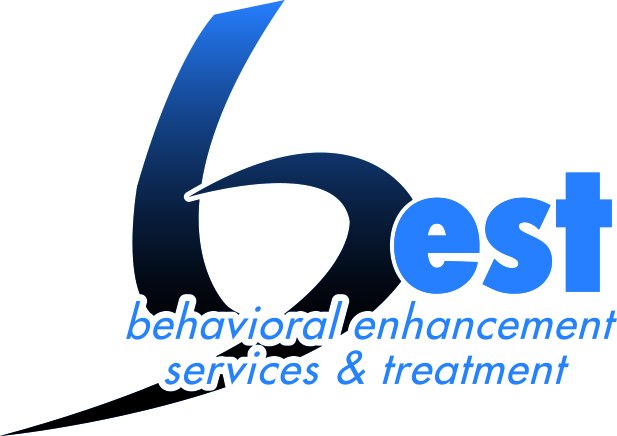An addiction recovery treatment center provides a healing and supportive environment for starting a substance-free life. However, upon completing the in-patient treatment, settling back into your home and community can be challenging.
You may be surrounded by people who still abuse alcohol or other drugs. That coupled with the day-to-day stresses like work or family issues, you may realize that you need help adjusting to the new lifestyle and maintaining sobriety.
That’s where a recovery coach comes in.
A recovery coach is a person who has recovered from a substance abuse problem just like you. With extra training and lived experience, a coach provides hands-on support to help you achieve your recovery goals.
Here are the six roles of a recovery coach that will help streamline your path to recovery.
1. Helps to Create a Recovery Plan
One of the vital roles a recovery coach plays is to help you formulate a practical plan to get rid of your substance abuse problem. The plan is customized based on your needs, strengths, and recovery goals.
Not only does the plan provide milestones along the path of recovery, but it also gives you a sense of direction and purpose. A recovery coach helps you achieve your goals by ensuring that you receive the right support from everyone around you. They also motivate you to maintain the momentum toward long-term recovery and overall improved wellness.
2. Provides Emotional Support
A recovery coach has lived through a similar experience to yours and knows the challenges you are bound to face in your journey. Having built a sense of trust and comfort from the start, you can always rely on them to listen to your concerns and offer empathetic and non-judgmental advice on how to maneuver various challenges.
Put simply, a recovery coach is your cheerleader and they have your back in both the good and bad days. They are living proof that with the right emotional support, recovery is possible.
3. Connects You to the Right Resources
A coach connects you with the necessary information and community resources that will support your recovery journey. These valuable resources may include referrals to nearby treatment facilities, mental health professionals, and support groups.
4. Helps to Solve Your Daily Struggles
Recovery coaching adopts a holistic approach to all your needs. Whether you’re struggling to find work and housing or you are encountering strenuous family relationships, a coach will utilize their training and connections to solve all your problems.
5. Provides Accountability Support
Accountability is key to achieving and maintaining recovery. A coach ensures that you take responsibility for your recovery and commitment to sobriety by encouraging you to make the right choices every day.
6. Advocates for You
A recovery coach will advocate for your needs and goals. They make sure that your voice is heard in all aspects of your recovery journey and that you receive the support you need from your family, healthcare team, and the community.
Contact B.E.S.T LLC for Quality Recovery Coaching Services
If you need extra support to keep you on track with your recovery goals, contact B.E.S.T LLC. Our experienced recovery coaches will provide one-on-one support and work hard to remove any obstacles you may encounter on your path to recovery. Contact us today to schedule an appointment.

